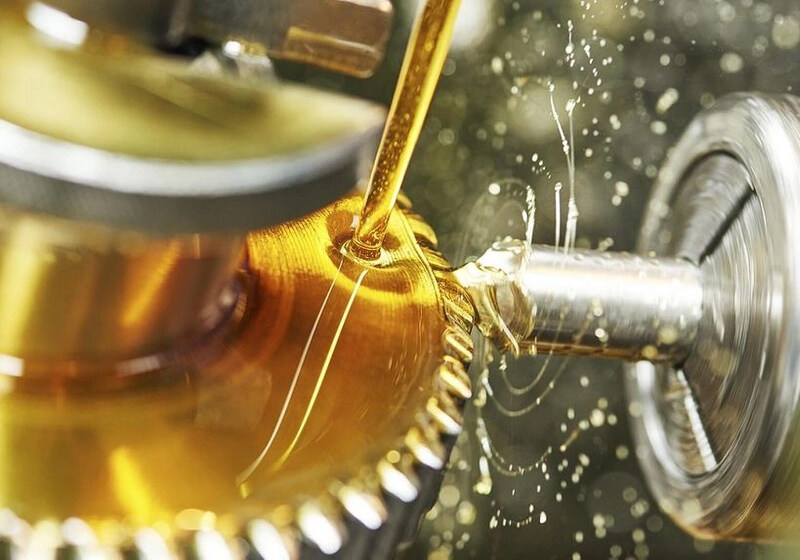Email cannot be empty
Password cannot be empty
Email format error
Email cannot be empty
Email already exists
6-20 characters(letters plus numbers only)
The password is inconsistent
Email format error
Email cannot be empty
Email does not exist
6-20 characters(letters plus numbers only)
The password is inconsistent


How often should engine oil be changed to ensure optimal performance and protection?
The frequency of engine oil changes to ensure optimal performance and protection depends on several factors, including the vehicle's make and model, driving conditions, and the type of engine oil used. While specific recommendations may vary, here are some general guidelines:
Manufacturer's Recommendations: The first and most important source of guidance is the vehicle manufacturer's recommendations. Consult the owner's manual or contact the manufacturer to determine the recommended oil change intervals specific to your vehicle. They typically provide guidelines based on mileage and time intervals, such as every 5,000 miles or every six months, whichever comes first.
Normal Driving Conditions: For vehicles operating under normal driving conditions, following the manufacturer's recommended intervals is usually sufficient. Normal driving conditions refer to regular city and highway driving without extreme temperatures, heavy loads, or frequent stop-and-go traffic.
Severe Driving Conditions: If your vehicle is subjected to severe driving conditions, such as frequent towing, off-road driving, extremely hot or cold climates, or stop-and-go traffic, more frequent oil changes may be necessary. Severe driving conditions can cause increased engine stress, higher operating temperatures, and accelerated oil degradation. In such cases, it is often recommended to shorten the oil change intervals by 25-50%.
Synthetic Oil vs. Conventional Oil: Synthetic oils generally offer better performance and durability compared to conventional oils. They have enhanced temperature resistance, improved lubrication properties, and longer service life. As a result, synthetic oils often allow for longer oil change intervals. However, it's essential to follow the manufacturer's recommendations even when using synthetic oil.
Regular Oil Analysis: Another approach to determine the optimal oil change interval is through regular oil analysis. Oil analysis involves sending a small sample of used oil to a laboratory for testing. The analysis evaluates the oil's condition, identifies contaminants, and assesses its ability to provide proper lubrication. Based on the results, the laboratory can provide recommendations for oil change intervals tailored to your specific vehicle and usage patterns.
Remember that proactive maintenance and monitoring are crucial. Regularly check the oil level and condition between oil changes and address any signs of oil contamination or degradation promptly.
Ultimately, to ensure optimal performance and protection, it is recommended to follow the manufacturer's guidelines for oil change intervals and consider adjustments based on driving conditions and the type of oil used. Regularly consulting with a trusted mechanic or referring to the vehicle's documentation will provide the most accurate and up-to-date information for your specific vehicle.

